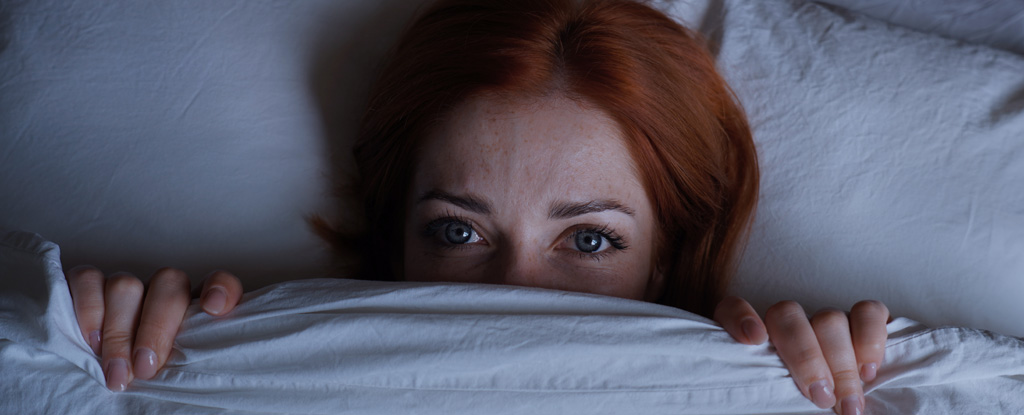Discover How Your Sleep Could Predict Dementia Risk
The Connection Between Sleep and Brain Health
It's well-documented that sleep is crucial for cognitive function and overall brain health. However, recent studies have begun to uncover how specific sleep disturbances could signal underlying health issues. Particularly, researchers believe that insomnia and frequent awakenings might be an early warning sign of dementia.

What the Scientists are Saying
"Sleep is the brain's natural medicine, and disordered sleep may be an alarm for cognitive decline," says Dr. James Warner, a leading neurologist in sleep research.
According to a study published in Nature Medicine, disruptions in sleep patterns could be symptomatic of the early stages of neurodegenerative diseases. Sleep serves as a period during which the brain clears out toxins, and any hindrance in this process might lead to cognitive impairments.
Factors Contributing to Sleep Disturbances
- Increased stress and anxiety levels
- Poor sleep hygiene
- Chronic medical conditions like sleep apnea
- Substance misuse including alcohol and caffeine
Each of these factors can potentially exacerbate the problem, making it critical to identify and address them promptly.
Prevention and Mitigation Strategies
Several potential solutions can help improve sleep quality and, consequently, brain health:
- Practicing meditation and mindfulness
- Maintaining a regular sleep routine
- Investing in quality sleep accessories, such as sleep masks and weighted blankets
- Limiting blue light exposure from screens before bed
A Global Issue: The Impact of Lifestyle
The prevalence of sleep disturbances leading to cognitive decline is not confined to any one demographic or geographic location. The hustle and bustle of modern life contribute significantly, putting individuals at higher risk worldwide. According to the World Health Organization, dementia currently affects 55 million people globally, a number projected to double every 20 years.
Expert Recommendations and Future Research
While existing studies shed some light on the relationship between sleep and cognition, experts like Dr. Warner are calling for further research to develop predictive tools. These tools would utilize sleep patterns as an indicator for early diagnosis and preventive strategies.
"Incorporating sleep quality assessments as part of regular medical check-ups could revolutionize how we approach dementia," proposes Dr. Emma Barker, a notable researcher in the field.
